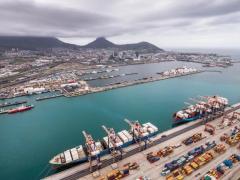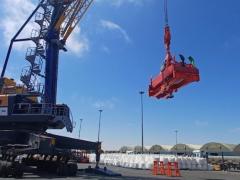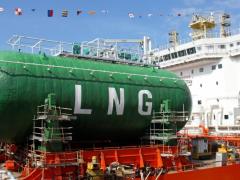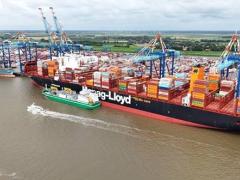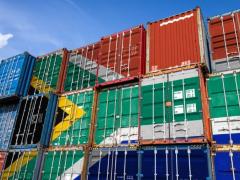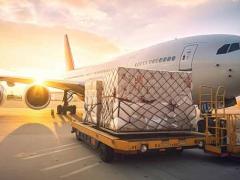The new purchaser has to pay
AN IMPORTER who sells his goods while they are still in transit to this country, is not liable for VAT on those items. Instead, this becomes the liability of the new purchaser.
Answering a question from the audience at the Exporters Club of South Africa's breakfast gathering in Johannesburg last week (see pages 10 & 11), Peter Frank, SARS director of VAT policy and legislation, explained:
So long as delivery takes place from one person to another outside the country, which you can describe as export sales on the high seas, then the original purchaser is no longer liable on arrival of the goods in this country.
What must be observed, however, is that whereas the original consignment has been documented in US dollars, or other overseas currency, the equivalent rand rate must be stated by the new purchaser for VAT purposes.
Frank explained to his audience that zero rating of exported goods applies where the consignment is taken out of the country and delivered to the consignee by the exporter or his agent, or where a cartage contractor is employed to undertake the complete transaction.
We have to trust the contractor in this instance, and leave it to the exporter to make sure everything is above board, he said.
One thing, though, is that the exporter makes certain the cartage contractor is a VAT registered operator.
This applies in the case of direct exports. In indirect exports, and where delivery of goods takes place in South Africa, the risk then passes from the seller to the buyer. This applies mainly where land transport is utilised, he said. It is different, and less problematic, in the case of sea and air transport, where bills of lading or air waybills govern the consigment.
We have to take cognisance of the fact that road transporters are the ones mainly involved in the illegal roundtripping operations which we have been uncovering. You don't turn a ship or an aircraft around in this manner.


